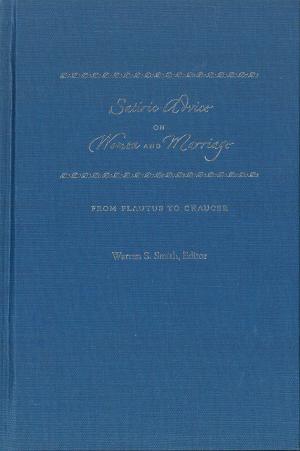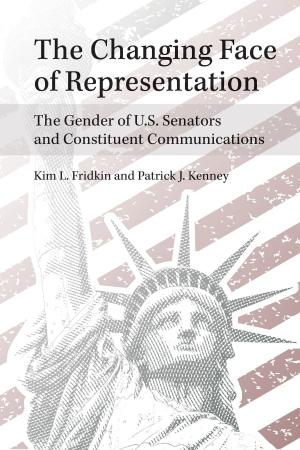Electoral Incentives in Congress
Nonfiction, Social & Cultural Studies, Political Science, Politics, History & Theory, Government| Author: | Jamie L Carson, Joel Sievert | ISBN: | 9780472123759 |
| Publisher: | University of Michigan Press | Publication: | May 25, 2018 |
| Imprint: | University of Michigan Press | Language: | English |
| Author: | Jamie L Carson, Joel Sievert |
| ISBN: | 9780472123759 |
| Publisher: | University of Michigan Press |
| Publication: | May 25, 2018 |
| Imprint: | University of Michigan Press |
| Language: | English |
David Mayhew’s 1974 thesis on the “electoral connection” and its impact on legislative behavior is the theoretical foundation for research on the modern U.S. Congress. Mayhew contends that once in office, legislators pursue the actions that put them in the best position for reelection. Carson and Sievert examine how electoral incentives shaped legislative behavior throughout the nineteenth century by looking at patterns of turnover in Congress; the renomination of candidates; the roles of parties in recruiting candidates and their broader effects on candidate competition; and, finally by examining legislators’ accountability. The results have wide-ranging implications for the evolution of Congress and the development of legislative institutions over time.
David Mayhew’s 1974 thesis on the “electoral connection” and its impact on legislative behavior is the theoretical foundation for research on the modern U.S. Congress. Mayhew contends that once in office, legislators pursue the actions that put them in the best position for reelection. Carson and Sievert examine how electoral incentives shaped legislative behavior throughout the nineteenth century by looking at patterns of turnover in Congress; the renomination of candidates; the roles of parties in recruiting candidates and their broader effects on candidate competition; and, finally by examining legislators’ accountability. The results have wide-ranging implications for the evolution of Congress and the development of legislative institutions over time.















